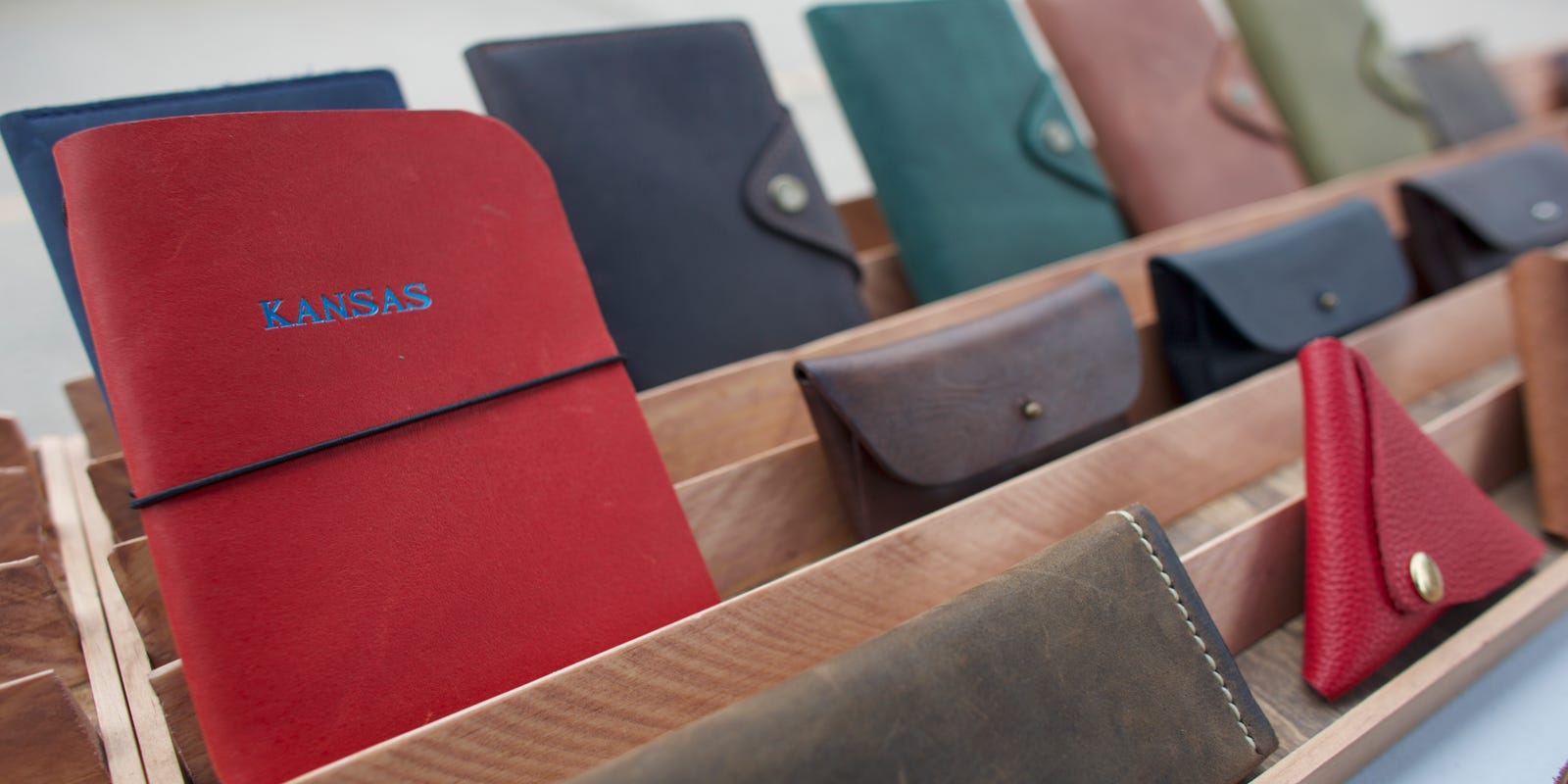Leather, Resilience, and Survival: Inside Mingus Leather's Fight to Stay Afloat

Topeka's beloved Mingus Leather has undergone a significant transformation. While the longtime storefront at 929 S. Kansas Avenue has closed its doors, the business continues to thrive by adapting to the local market. Loyal customers can still find the high-quality leather goods and craftsmanship that Mingus Leather has been known for, just through a different approach to retail.
The closure of the physical store doesn't mean the end of this local business. Instead, the company has strategically repositioned itself to meet changing consumer needs, maintaining its presence in the community through alternative sales channels. Fans of Mingus Leather can look forward to continuing their relationship with this trusted local brand.
